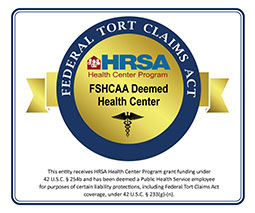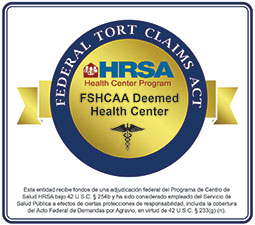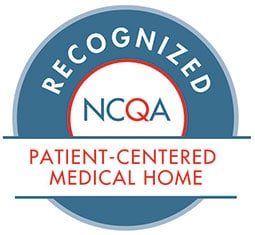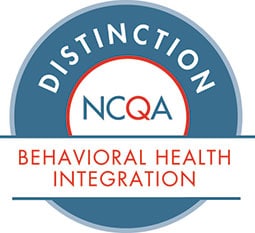Stay Safe this Fourth of July

Hibba A. Haider, MD
Post written by Hibba A. Haider, MD
Pediatrician
The Fourth of July holiday is a time when families gather and enjoy traditions such as parades, pool parties, backyard barbecues and fireworks.
However, it can be easy for parents to overlook important safety precautions. By keeping a few key Fourth of July safety tips in mind, parents can help keep children safe while still enjoying the holiday fun.
Leave fireworks to the experts.
The American Academy of Pediatrics (AAP) continues to urge families NOT to buy fireworks for their own or their children’s use, as thousands of people, most often children and teens, are injured each year while using consumer fireworks.
- Fireworks can result in severe burns, scars, disfigurement and even death.
- Families should attend community fireworks displays run by trained professionals rather than using fireworks at home.
- Be sure to stay at least 500 feet away from the show.
Keep sparklers off limits.
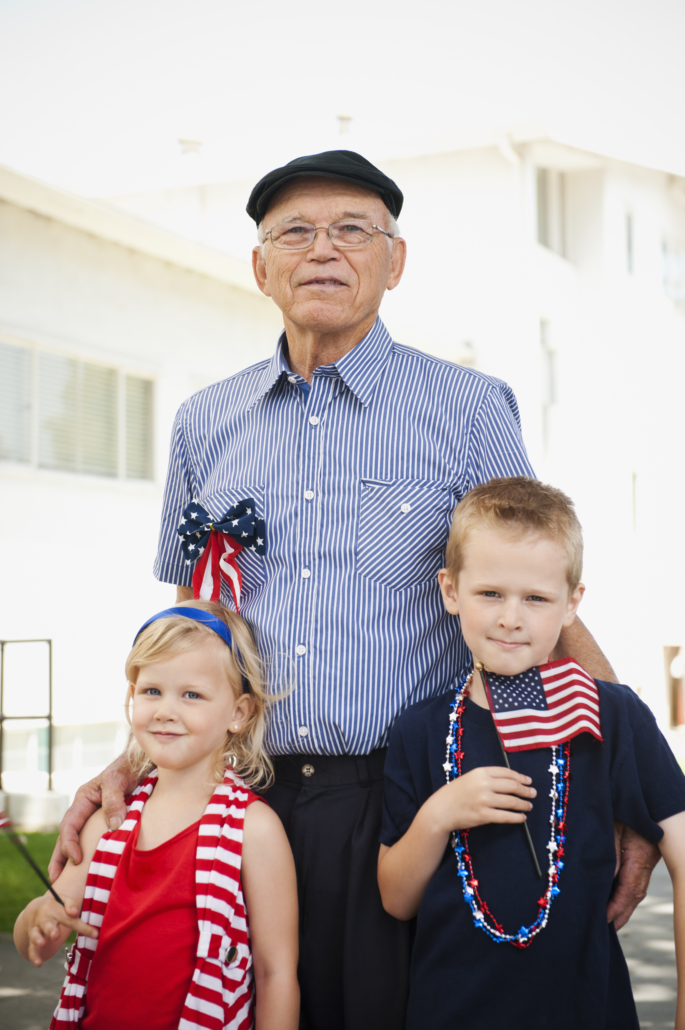 Sparklers can surpass 1200 °F, which is a temperature of 400 °F greater than the melting point of glass. In recent years, sparklers accounted for 28 percent of emergency room visits due to fireworks-related injuries, including third-degree burns.
Sparklers can surpass 1200 °F, which is a temperature of 400 °F greater than the melting point of glass. In recent years, sparklers accounted for 28 percent of emergency room visits due to fireworks-related injuries, including third-degree burns.- Consider giving glow sticks, which is a fun and safe alternative.
Be sensitive to your child’s feelings.
- Some children enjoy the sight of fireworks, but others can be overwhelmed. Loud noises in combination with flickering lights can cause children to feel sensory overload. Intense sights, crowds and sounds can simply be too much for young children to handle.
- If you anticipate that your child may feel fearful their first time watching fireworks, keep plans brief and provide earplugs to help ease stimulation.
- Prepare your child with knowledge of what to expect to alleviate potential anxiety and never push them to “get over it” if they are feeling frightened.
- Don’t be shy to head home and try again next year.
Enforce water safety.
If a pool party or a trip to the lake is in your plans, remember, children must be supervised around bodies of water 100 percent of the time.
- Always make sure that adults take turns in shifts every 15-30 minutes as designated “water watchers.”
- Sign up your children for swim classes.
- Start your baby in swimming classes at six months of age and continue them year-round.
- Know CPR.
- Never use floatation devices or water wings when swimming or when teaching kids to swim.
- Always make sure your kids wear life jackets on boats, personal watercraft and in open bodies of water.
- Communicate the pool rules, no running, diving, etc.
- Sunblock, hydration and supervision are all essential pool safety precautions that help keep the day fun and safe.
Don’t forget about barbecue safety.
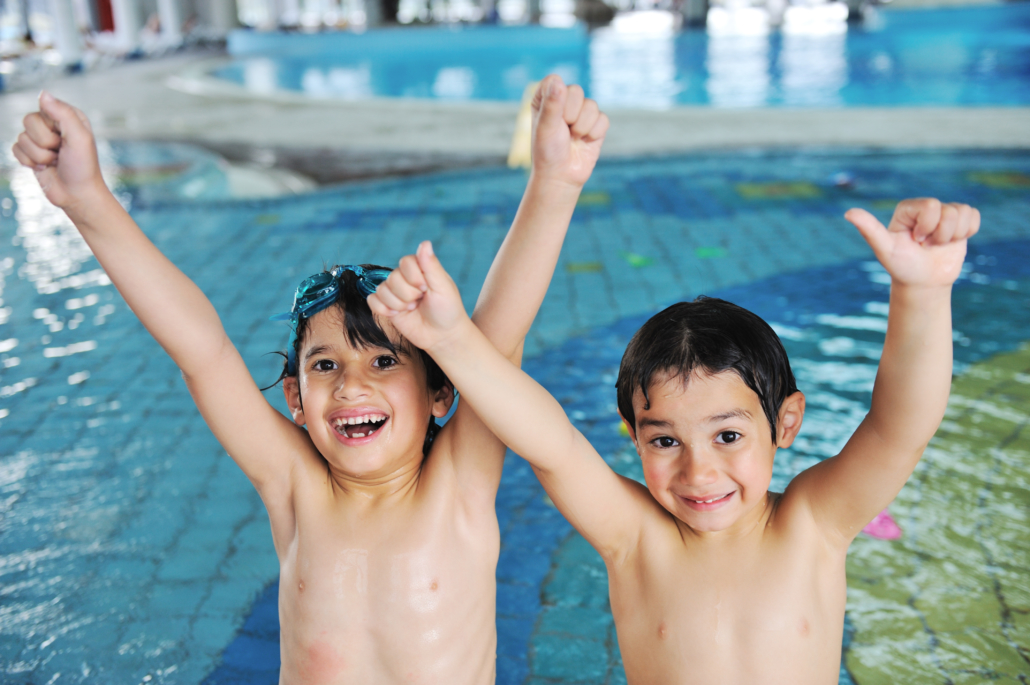 Create a barbecue-only zone of three feet on all sides that is restricted to be a space designated for adults.
Create a barbecue-only zone of three feet on all sides that is restricted to be a space designated for adults.
- Children should be reminded that a grill is not a toy and that the equipment is both hot and dangerous.
- Always grill in a well-ventilated area.
- Be prepared for an emergency by having a fire extinguisher and a spray bottle of water on-hand.
- Never grill indoors – not in your house, camper, tent, or any enclosed area.
- Make sure everyone, including the pets, stays away from the grill.
- Keep the grill out in the open, away from the house, the deck, tree branches, or anything that could catch fire.
- Use the long-handled tools specially made for cooking on the grill to keep the chef safe.
- Never add charcoal starter fluid when coals have already been ignited.
- Always follow the manufacturer’s instructions when using grills.
Be prepared…protect your skin.
- Limit exposure to direct sunlight between 10 a.m. and 4 p.m. and wear a broad-spectrum sunscreen with a protection factor of at least 30 which will protect against damage from both UVA and UVB rays. Reapply sunscreen often.
- If you are in an outdoor pool, reapply sunscreen preferably every hour and absolutely every two hours. Avoid having young children in an outdoor pool longer than one hour especially between 10 a.m. and 4 p.m.
- Remember to drink plenty of water regularly, even if not thirsty.
- Avoid drinks with alcohol or caffeine.
- Protect the eyes by wearing sunglasses that will absorb 100 percent of UV sunlight and have a polarized coating.
- Protect the feet – the sand can burn, and glass and other sharp objects can cut them.
- During hot weather, watch for signs of heat stroke—hot, red skin; changes in consciousness; rapid, weak pulse; rapid, shallow breathing. If it’s suspected someone is suffering from heat stroke:
- Call 9-1-1 and move the person to a cooler place.
- Quickly cool the body by applying cool, wet towels to the skin (or misting it with water) and fanning the person.
- Watch for signs of breathing problems and make sure the airway is clear. Keep the person lying down.

